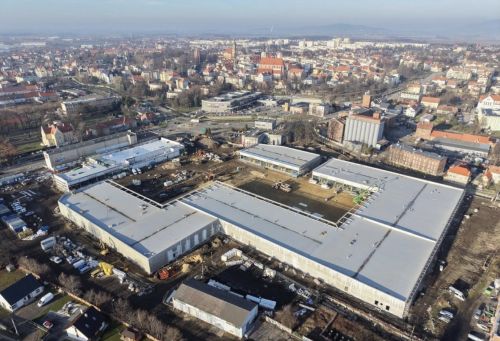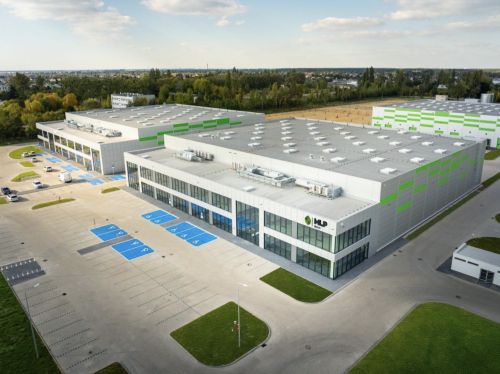The main WIG index in Warsaw slid to below 50,000 points, even though around the same time last year it stood at around 75,000. Since the beginning of 2022, the discount on this index has risen to over 30 pct, while for the WIG 20 it has been closer to 40 pct. As usual, the Polish stock exchange has performed weaker than those in the rest of the region, although the size and liquidity of each particular market has to be borne in mind. The belief stemming from the short-term but rather insubstantial rise in interest rates soon evaporated across the world as the money invested in shares started disappearing. In the face of high inflation, the US Fed sent out a clear signal that it would not delay raising interest rates, which helped to strengthen the dollar, pushing it up to more than PLN 5. Added to all this are the problems in Europe with fossil fuels and the slowdown in China, as well as the looming danger of an escalation of the war in Ukraine. The Polish economy is slowing down, but




























































